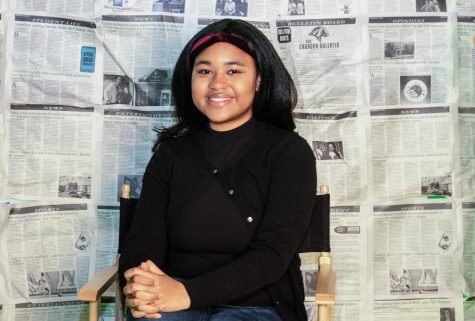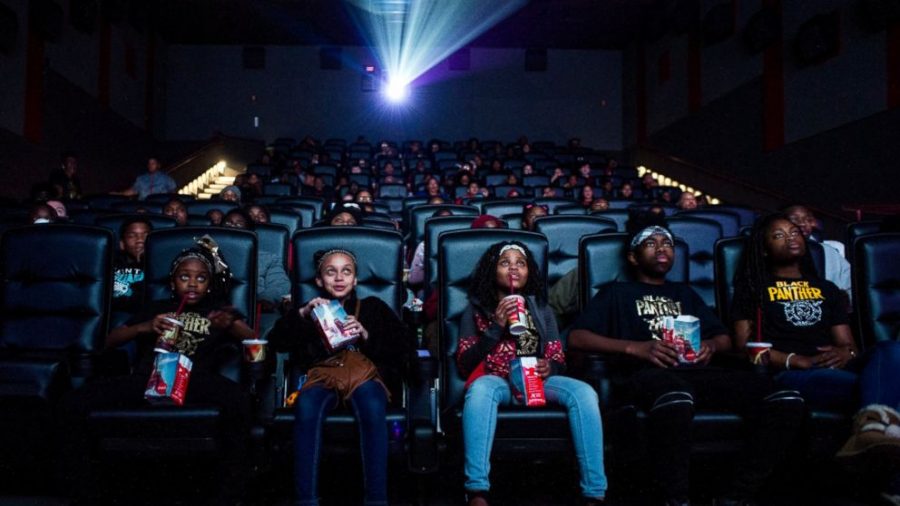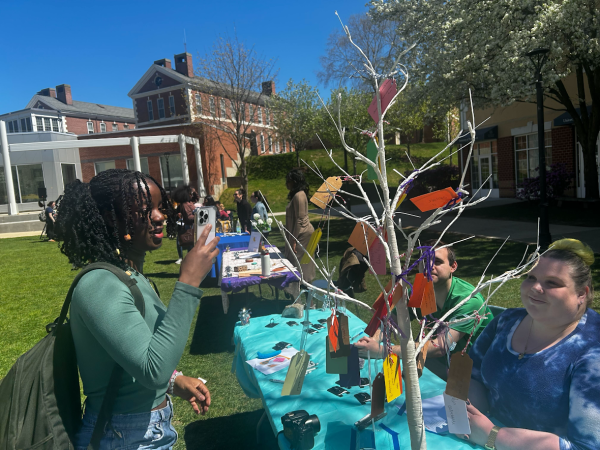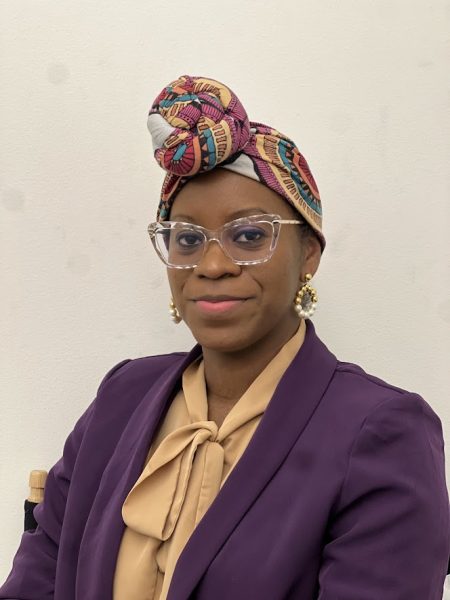Understanding Black Representation in Film and Television
The invention of film and television dramatically changed how people view one another which in turn, determined how certain groups of people should act in society.
Today, celebrities around the world are held to a high level of scrutiny as they navigate how they perform in the industry, as well as how they are perceived in the media. While the rise of black success in entertainment doesn’t seem to be slowing down, black success in the entertainment industry has been linked to expectations of how good or bad of a representative they are of the entire black community.
Therefore, only certain “black media” can relate to a specific group.
Issa Rae is challenging this with the release of a film in which she stars in opposite Lakeith Stanfield, “The Photograph,” a modern take on black love in the romantic comedy/drama genre, which is saturated with white-only or interracial couples.
An example of African American actors being criticized for playing stereotypes started in the ‘70s with television shows such as “Julia” (Diahann Carroll) and “The Cosby Show” (Bill Cosby) which were expected to set the standards for how black people should act in society. The stars were expected to be role models which, as we see, affected their public image when things went awry.
Another example of a challenge for black creatives is convincing studios that projects written and featuring people of color are good for business. One assumption is that movies and TV shows starring African Americans don’t perform as well overseas, even as entertainment is considered an increasingly global business.
“The color they really care the most about is green,” said veteran actor Don Cheadle.
Star Wars actor John Boyega said “Diversity in front of the camera is not enough,” which is part of his motivation to become a producer. David Oyelowo said that in order to address these issues, there have to be representations in the room where it happens and pushes for black representation within the executive ranks. “Who gets to call the shots matters,” he said.
Diversity affects everyone, regardless of who resonates with what is produced and distributed in the entertainment industry. Pushing for more diversity and bringing minority audiences to the forefront creates open conversation of issues affecting those communities and how everyone can come together to help solve those issues. Black actors, actresses, producers, directors, and writers are introduced as a part of the solution, but they also need to be regarded as decision makers as well. There needs to be overall understanding by everyone regardless of race, of the impact of negative and positive black representation. One way is to constantly be informed and educated on the history of entertainment and how it is seen as both a way of advancement and as a deterrent to the black community.

Tiara Starks is a senior communication major with a concentration in film production. She started at the Charger Bulletin as a contributing writer in 2018,...








